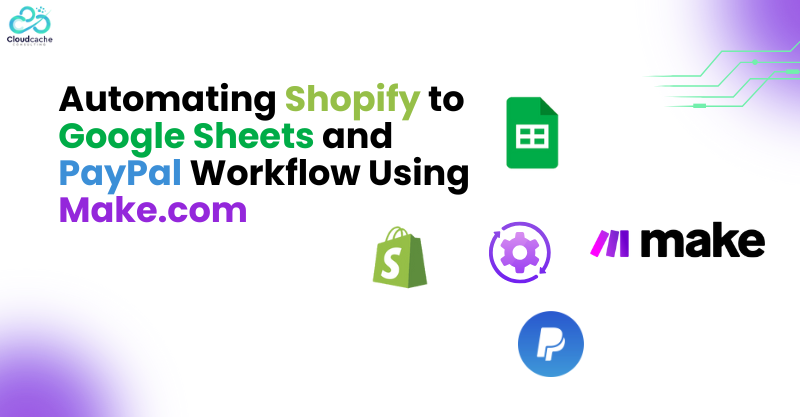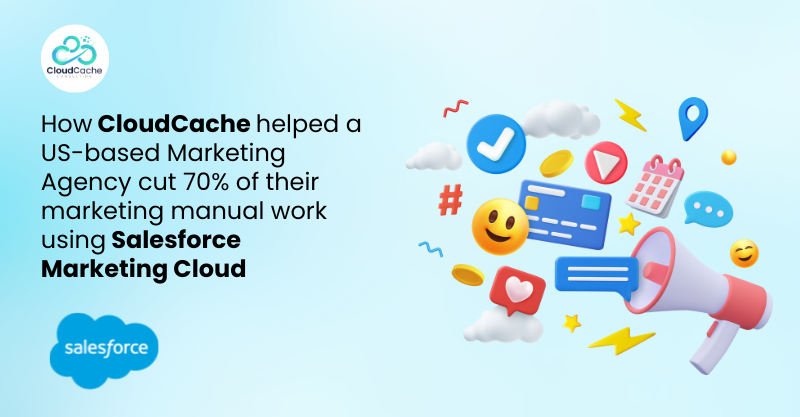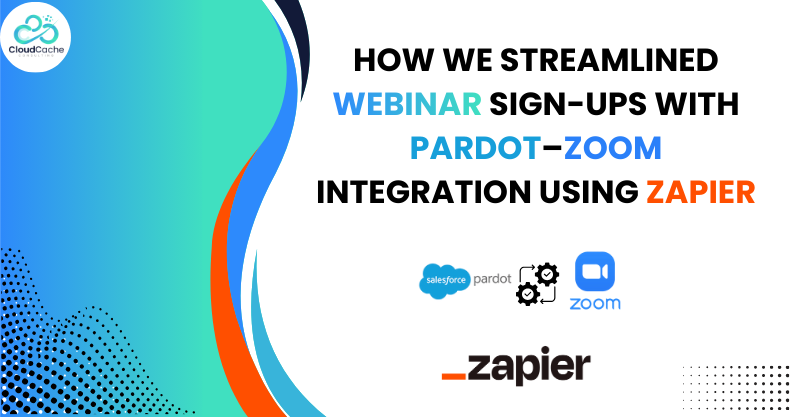
Automating Shopify to Google Sheets and PayPal Workflow Using Make.com
About The Company:
Our client, a growing online retailer, sells a variety of consumer goods through their Shopify store. Their primary market is the USA.
Customer Challenges:
With increasing order volumes, they needed an automated workflow to manage data entry, invoicing, and customer communication. The primary goal was to reduce time spent on these repetitive tasks, minimize human error, and focus on scaling their business effectively.
The client faced several hurdles in their existing process:
- Manual Order Logging: Orders from Shopify required manual logging into Google Sheets, which was both time-consuming and prone to errors.
- Invoice Generation with PayPal: Creating and sending invoices in PayPal was a manual task, further complicating the workflow. Since Make.com lacks a direct PayPal integration for invoice generation, they needed custom API calls to manage invoicing.
- Customer Communication: Customers had to be notified manually about their invoices, requiring follow-ups with email communications.
Solutions:
We designed a comprehensive automation strategy leveraging Make.com to link Shopify, Google Sheets, and PayPal.
Here’s a step-by-step breakdown of the solution:
Step 1: Triggering Automation with Shopify Orders
Process: The workflow begins with a webhook in Make.com, set up to trigger each time a new order is placed on Shopify. This webhook captures essential data, including order number, customer information, item details, and order total.
Goal: This data is then passed to Google Sheets for efficient record-keeping.
Step 2: Logging Orders in Google Sheets
Integration with Google Sheets: Using Make.com’s Google Sheets module, we configured the workflow to automatically add a new row for each order, creating a real-time order record.
Benefit: This eliminated manual data entry, providing an instant, accurate record of Shopify orders in a central location accessible to the team.
Step 3: Generating a PayPal Invoice with Custom API Calls
Since Make.com doesn’t have a built-in module for PayPal invoicing, we utilized custom HTTP modules to interact with PayPal’s API:
Access Token Generation: To make authorized API requests, we set up an HTTP module in Make.com to send a POST request to PayPal’s OAuth2 token endpoint, retrieving an access token for secure communication.
Invoice Creation: We then configured another HTTP module to make a POST request to PayPal’s invoice creation endpoint, sending customer data, item details, and pricing information in the payload. A unique invoice ID is generated with PayPal’s response.
Invoice ID Extraction: Using Make.com’s text parser module, we extracted this invoice ID from the JSON response, preparing it for the next steps.
Step 4: Sending the Invoice to the Customer via PayPal
With the invoice ID ready, we used another HTTP module to send the invoice directly to the customer through PayPal’s “Send Invoice” API endpoint.
Process: A POST request was sent with the invoice ID and access token, instructing PayPal to deliver the invoice via email.
Result: Customers received their invoices in real time, ensuring prompt and seamless communication.
Step 5: Sending Personalized Email with Invoice Link
To complete the customer experience, we followed up the PayPal invoice email with a personalized message:
Gmail Module: This module was configured to send a tailored message to the customer’s email address. The email included a friendly greeting, a summary of the invoice details, and a direct link to view and pay the invoice.
Delay Setup: A short delay module was introduced before this step to ensure all data had processed correctly before the email was sent.
Results:
The automation provided several tangible benefits for the client, transforming their order-to-invoice process:
- Reduced Manual Data Entry: The workflow automatically records orders in Google Sheets and generates PayPal invoices, eliminating time-consuming manual work.
- Improved Customer Communication: Customers received personalized emails and easy access to invoices, enhancing their experience and reducing follow-up inquiries.
- Enhanced Operational Efficiency: The automated solution allowed the client’s team to focus on core business activities instead of repetitive administrative tasks, boosting productivity.
Technology and Tools Used:
Make.com, Shopify, Google Sheets, PayPal API, Gmail
Final Words
This automated workflow brought significant improvements to the client’s business operations by reducing manual labour and ensuring accuracy across multiple stages of their process. The integration of Shopify, Google Sheets, and PayPal via Make.com transformed a labor-intensive routine into an efficient, streamlined solution. For any e-commerce business, implementing similar automation can lead to faster service, improved data management, and a more professional customer experience.
With Make.com, CloudCache Consulting helped the clients achieve a reliable, scalable solution, positioning them to focus on growth and customer satisfaction. You can check our clients reviews on Fiverr.





